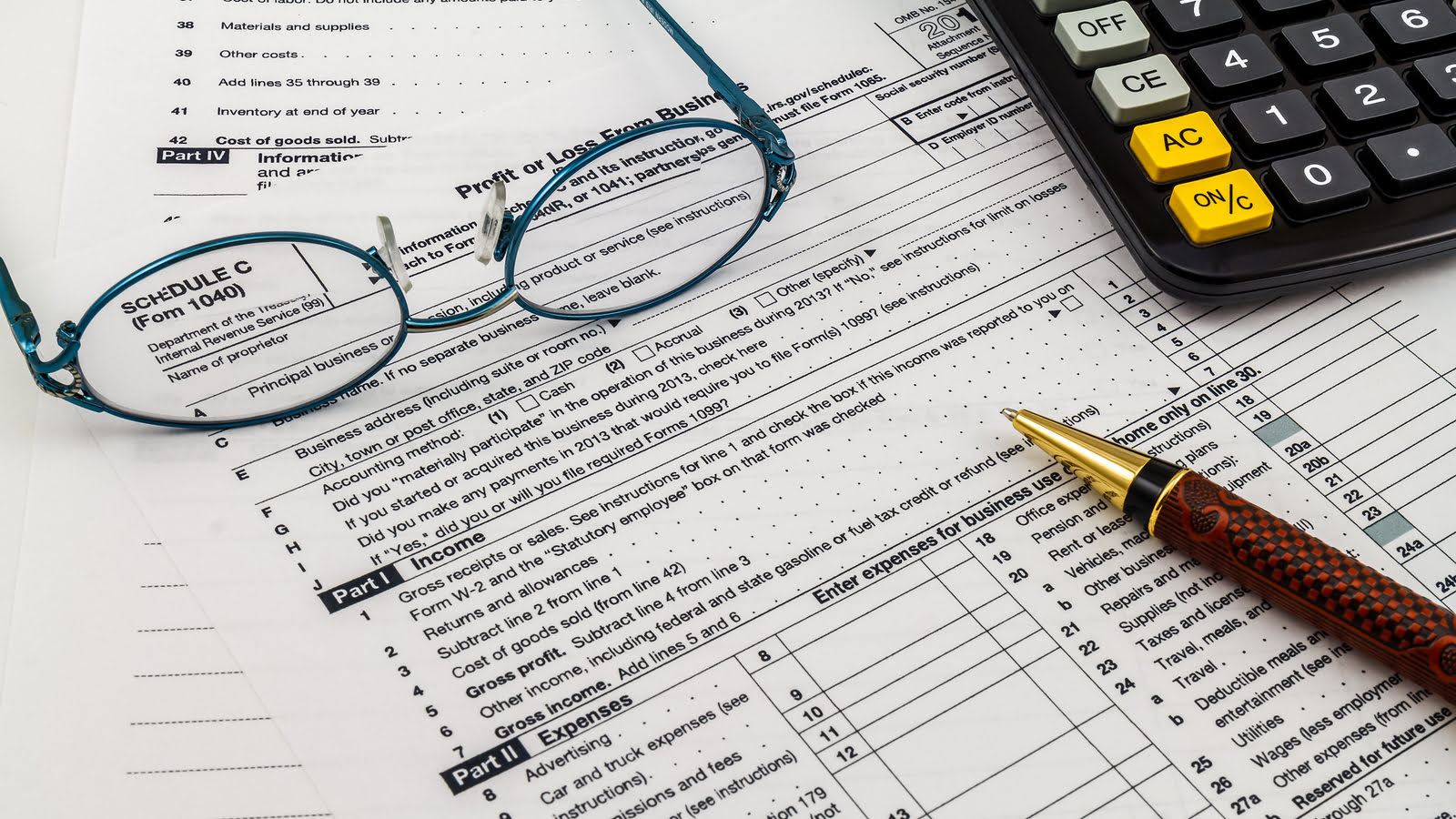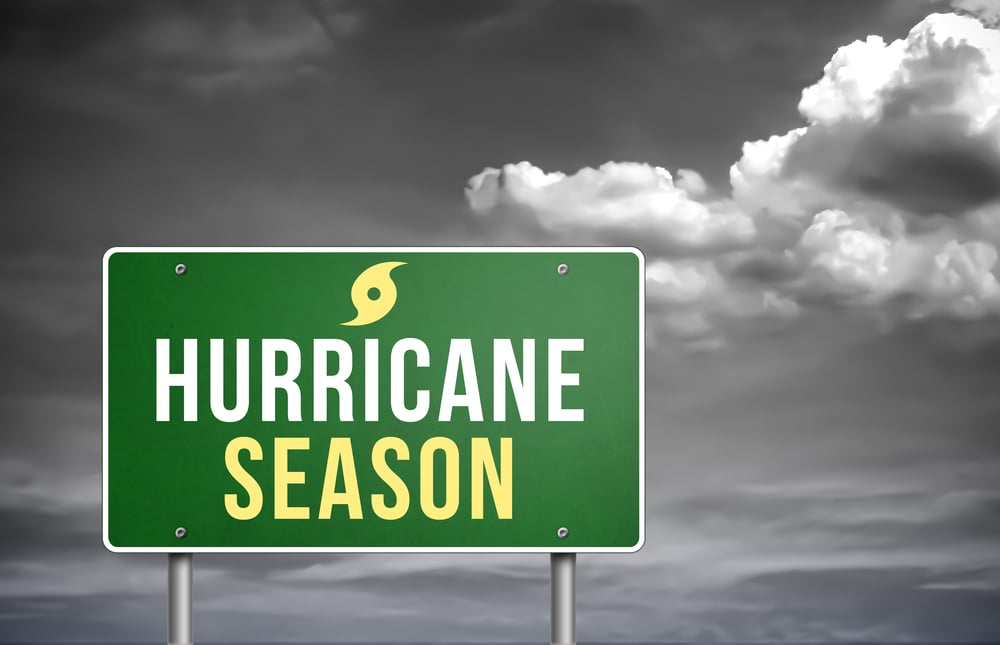Closing out your tab before you leave.
The only things that are certain in life are death and taxes. If you find yourself in the unfortunate position of settling the final affairs of a loved one, or if you’re a forward-thinking person who wants to make sure there’s a plan for what happens with your assets upon your death, you might wonder if it’s possible for the recently deceased to owe taxes.
Depending on the financial situation of the deceased, there may be one last tax return to file. But there are ways to make everything go as smoothly as possible.
Contents |
| Do we still owe taxes after we die? |
| What happens if the beneficiaries don’t pay the taxes? |
| Estate planning |
The basics
- The recently deceased may need a “final tax return” if there’s a balance due (or you could claim a refund!)
- The surviving spouse or other representatives are to file (possibly an estate administrator)
- IRS can go after any balance due for up to ten years
- If the estate doesn’t cover it, the survivors and heirs don’t have to use their own money
Do we still owe taxes after we die?
As part of the disposal of the estate, the family or other relatives of people who have passed away are responsible for handling one last tax return for the departed. Any income from the beginning of the year to their death is taxable.
Their spouse or other representative (next of kin, administrator of the estate, or other appointed legal representative) is responsible for making this happen.
Other debts
Beneficiaries are not responsible for the debts of the deceased, but in many circumstances, any assets must be used to pay back existing debts before it can be accessed.
There are, however, exceptions – certain things like qualified retirement accounts, life insurance proceeds, or funds placed in a well-designed trust are not available to debtors. They go straight to the beneficiaries. They even skip probate, the process by which the court supervises the identification and allocation of the deceased’s assets.
What happens if the beneficiaries don’t pay the taxes?
There are no criminal consequences if the beneficiaries of the deceased don’t settle up with the IRS right away, but in that case, they won’t be able to access any assets themselves. The IRS will place a lien on the deceased’s estate if they notice that anything remains to be paid on the Taxpayer’s account.
The exception to this is, of course, any funeral costs or similar expenses. The departed’s assets can be used to cover such expenses before worrying about the IRS.
But otherwise, the estate is off-limits until any unpaid taxes are covered.
Estate planning
To make sure things go as smoothly as possible for your loved ones in the event of your passing, it’s important to take care of at least a basic level of estate planning.
From a will, to life insurance, to more complicated measures like a trust, it’s always a good idea to have a plan in place, and a legal representative ready to carry it out. That way, your taxes and other financial matters are taken care of with no added stress.
Florida “Lady Bird Deed”
Also known as the advanced life estate deed, the lady bird deed is an inexpensive way to make sure your home and certain other assets go to the right person upon your death. Essentially, it activates upon the death of the owner of the property, immediately transferring ownership to the beneficiary of their choice without the need to go through probate.
The owner, known as the life tenant, retains ownership of the property, as normal, until they die. The life tenant doesn’t have to consult the beneficiary on any decision about the property in the meantime – they’re still free to sell or otherwise dispose of the property however they like. They own it fully for their entire lifetimes.
This is a great strategy for a lot of people. It’s simple and affordable, and it avoids the often-messy and public probate process. And it’s totally revocable, leaving the owner in full control of their property.
Setting up a trust
A trust is also a great way of making sure your assets are protected and your loved ones are taken care of. You can set up a trust with yourself as grantor, your chosen representative as trustee, and the beneficiaries of your choice that can make sure that your wishes are followed.
This offers strong protection of your assets, and like the lady bird deed, you’re able to handle things much less publicly than with a simple will. In fact, your will can contain instructions to transfer all property to the trust. You can even set up a lady bird deed with your trust as beneficiary!
A trust can, especially for larger or more complicated estates, maintain your family’s privacy and make sure all of your assets go to exactly who you want them to.
The bottom line
There’s a lot to think about when a loved one passes away, and it’s important to make sure that the final tax return is taken care of before moving forward with the disposal of the deceased’s assets. Luckily, it’s no more complicated than any regular tax return.
There are methods, like a lady bird deed or a revocable trust, that can allow you to maintain full control of your property and choose exactly where it goes in the event of your death.
For help with this or any other tax needs, schedule a call with DiMercurio Advisors. We can help you get everything set up as neatly as possible.








